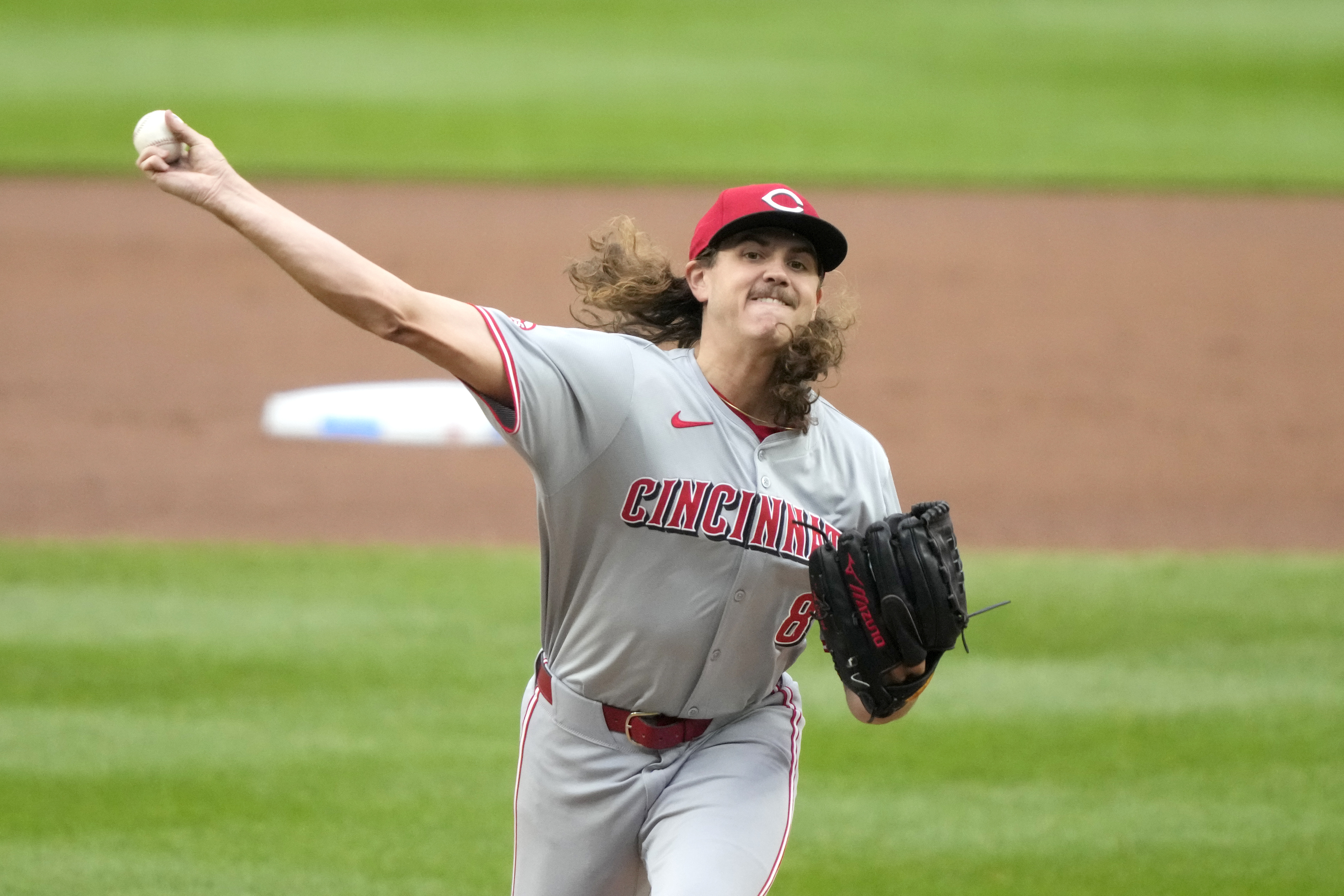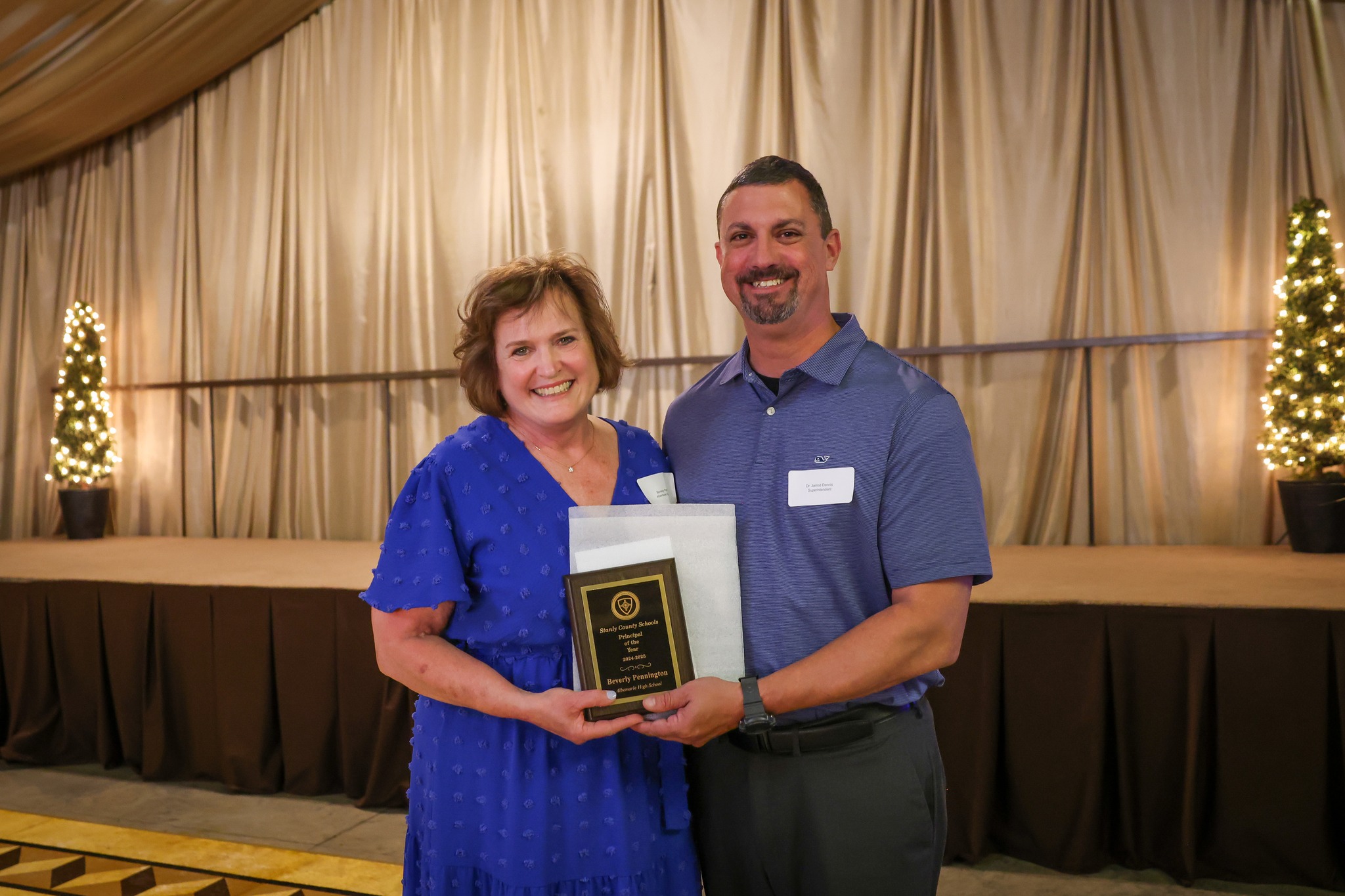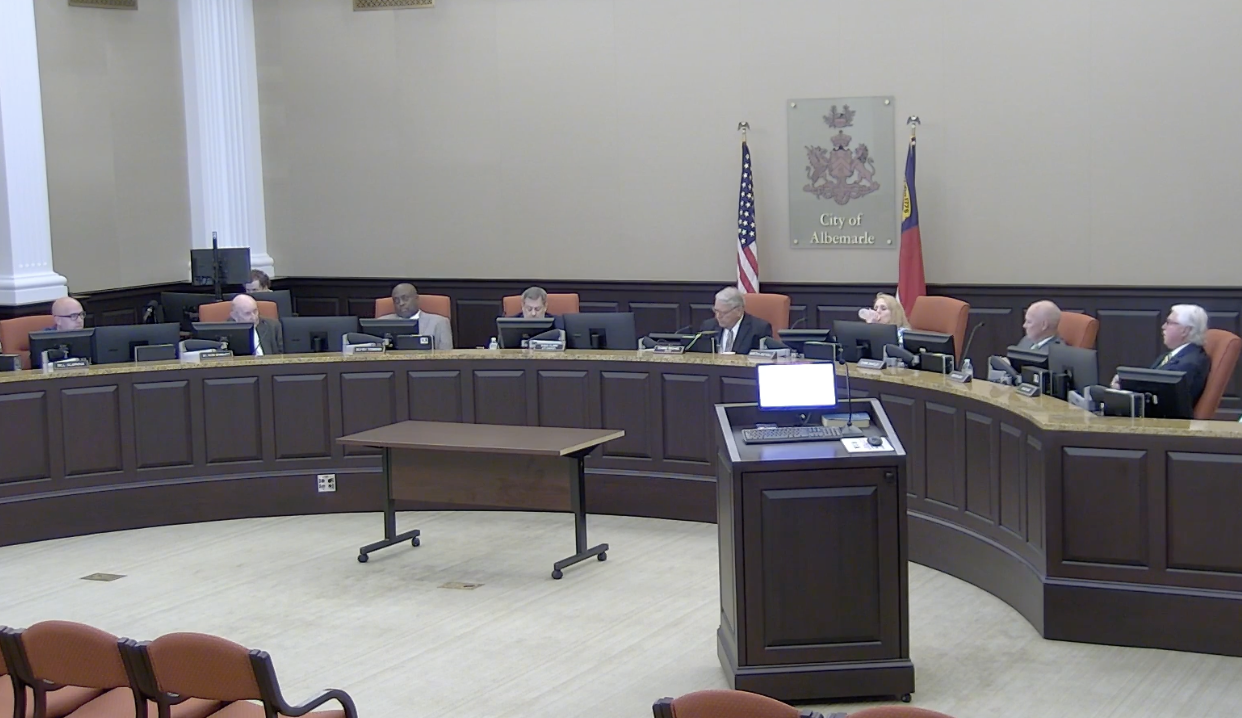DG MARTIN COLUMN: Who wins the debate about debates?
Published 12:20 pm Sunday, September 27, 2020
|
Getting your Trinity Audio player ready...
|
What is more interesting than the upcoming debates between candidates for major political offices?
Of course, it is the debate about the debates.

D.G. Martin
Some friends, well-informed and experienced in political activities, say the importance of such debates is vastly overrated. For instance, one said the recent first debate between North Carolina U.S. Senate candidates Republican Thom Tillis and Democrat Cal Cunningham was meaningless because nobody was watching.
They reminded me about the 1992 U.S. Senate televised debate between Terry Sanford and Lauch Faircloth. Most viewers agreed Sanford won the debate with sharp authoritative responses to questions while Faircloth fumbled. But Faircloth came out on top when it counted.
Republican campaign consultant Carter Wrenn strongly disagrees. He thinks debates are critically important. Undecided voters are the key to winning elections. To win their votes, they have to see a difference between the candidates on an issue that is important to them or on a difference in the way they handle themselves under pressure.
Wrenn is a legendary expert on developing hard-hitting campaign materials such as the ones Jesse Helms used to defeat Jim Hunt in the 1984 U.S. Senate race.
In a recent radio interview with Wrenn, I agreed with him about the importance of televised debates. Citing the 1960 presidential debates between John Kennedy and Richard Nixon, I argued that demeanor of the candidates is a key factor. Kennedy looked calm, cool and collected, while Nixon was nervous, sweating and fidgety. A candidate who appears authoritative, courteous and nice has the edge, I said.
But Wrenn does not go along with my reasoning. He says a debate is the place to take advantage of your opponent, to show the differences on matters important to potential supporters, to set traps and jump on the opponent who falls into one. It is a battle, not a beauty contest, he said.
In their first debate, Tillis turned the tables on Cunningham and tried to trap him for saying that he would be hesitant to taking a coronavirus vaccine if one were available by the end of the year.
Tillis called that irresponsible.
“We just heard a candidate for the U.S. Senate look into the camera and tell 10 million North Carolinians he would be hesitant to take a vaccine. I think that that’s irresponsible.”
In the next two debates Cunningham will have the opportunity to push back on the issue of irresponsibility of the Republican president’s campaign organizing coronavirus-spreading rallies in North Carolina.
These Cunningham-Tillis events are a warm-up for the presidential debates beginning Tuesday.
Supporters of both Donald Trump and Joe Biden are worried and wondering. Neither is free from making gaffes in a debate.
Each candidate should consider Wrenn’s advice. It would lead Biden to hit Trump hard on mismanaging the pandemic, and being sure to anticipate Trump’s rejoinder that the pending availability of a vaccine makes up for all the lack of leadership.
Wrenn’s advice might lead Trump to focus on Biden’s inconsistencies and changed positions. Wrenn took me back to his work in the Hunt-Helms race in which Helms overcame a 25 percent early lead by the popular Hunt. Wrenn remembers discovering inconsistencies in Hunt’s views on controversial issues. Then the campaign developed ads and debate themes in which Helms set out his positions on the then current issues such as the Martin Luther King holiday, busing, school prayer and the Panama Canal “give away.” Then Helms would ask, “Where do you stand, Jim?”
Wrenn said again that debates give candidates the opportunity to tell voters where they differ from their opponents.
Carter Wrenn and I do not agree on lots of things, but I think he wins the debate with my friends who say candidate debates do not matter.
Debates are gold mines and minefields for candidates and important for voters searching for candidates whose views and character are worthy of their support.
D.G. Martin hosts “North Carolina Bookwatch,” which airs Sunday at 3:30 p.m. and Tuesday at 5 p.m. on UNC-TV. The program also airs on the North Carolina Channel Tuesday at 8 p.m. and other times.






